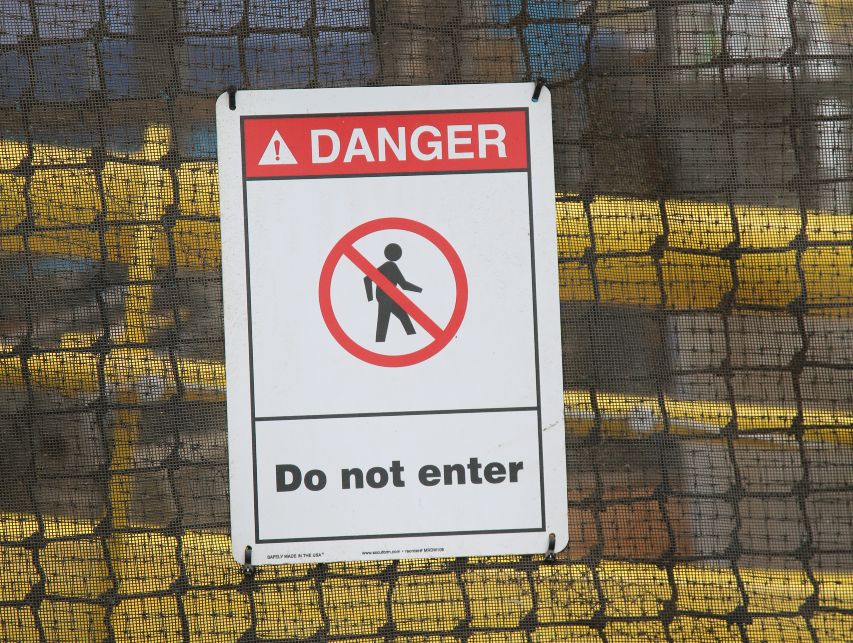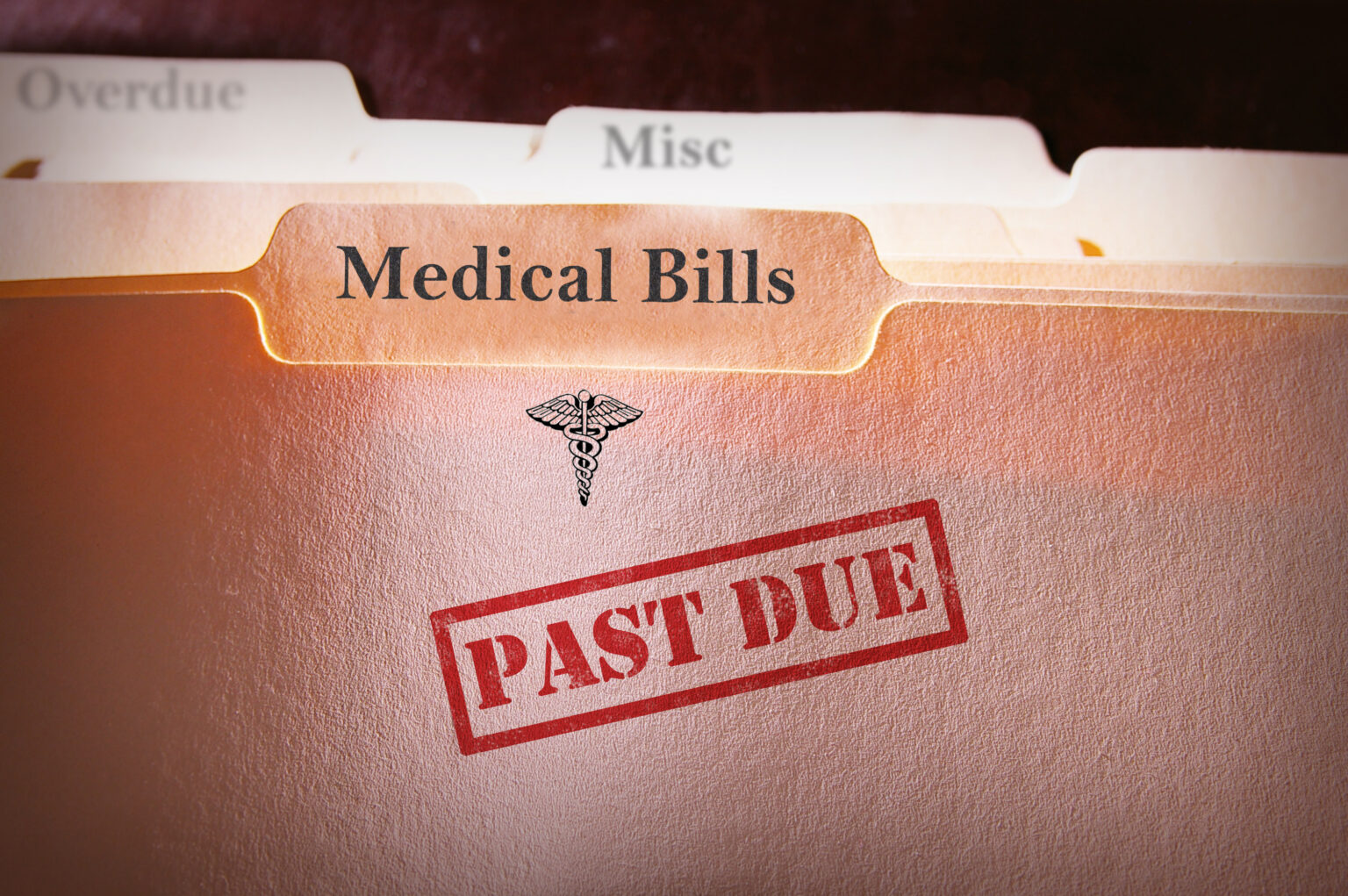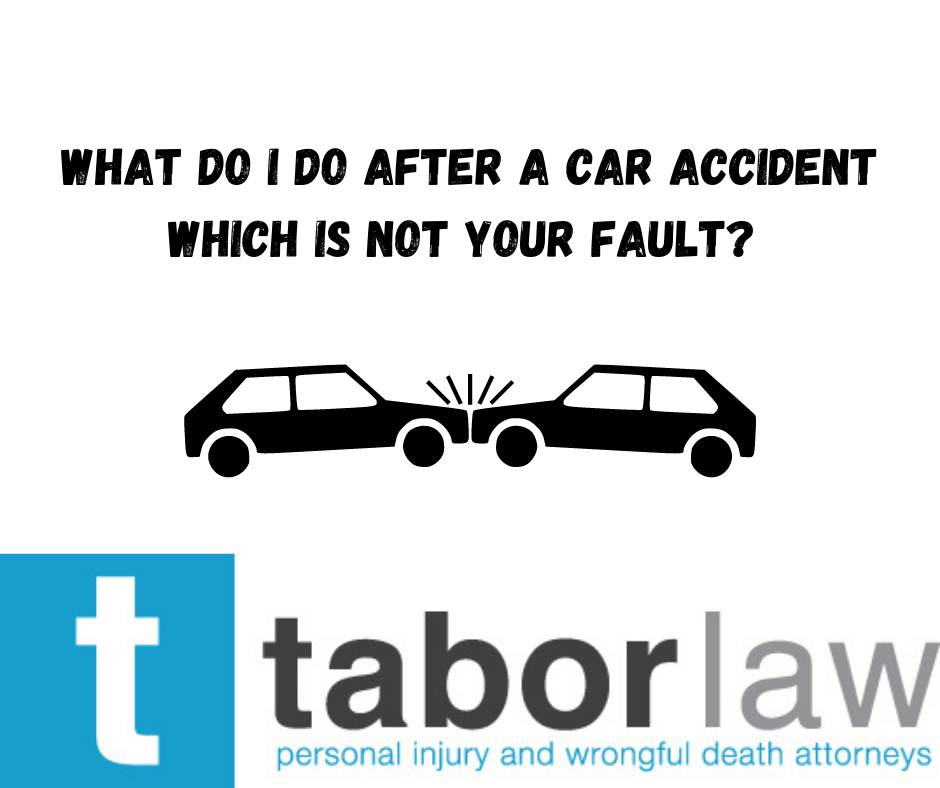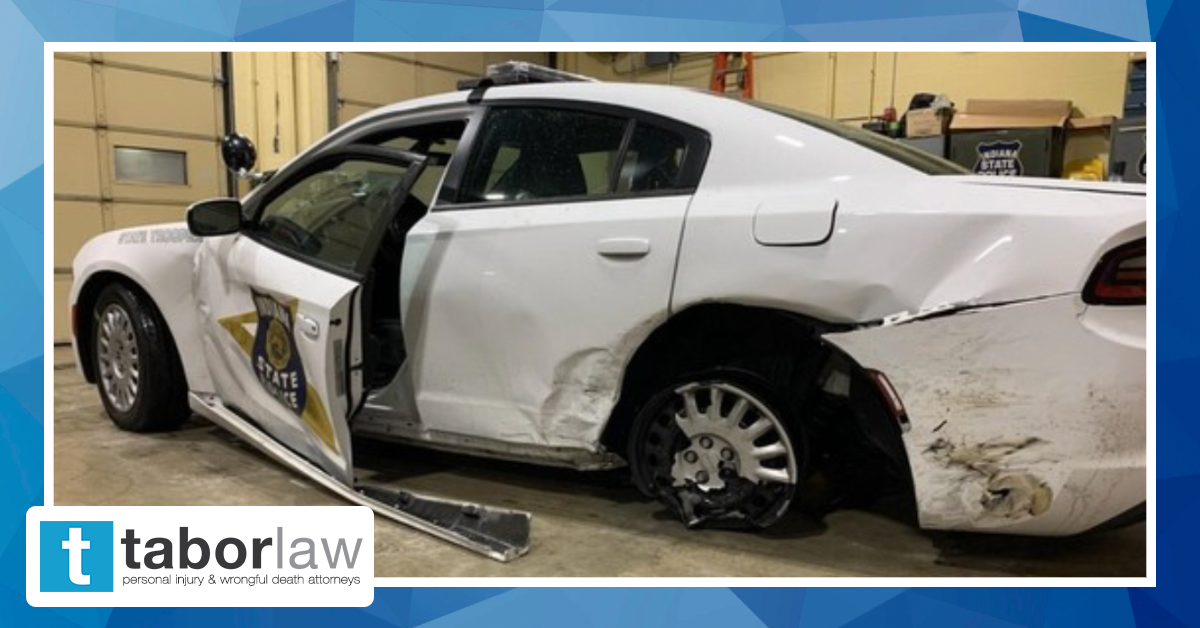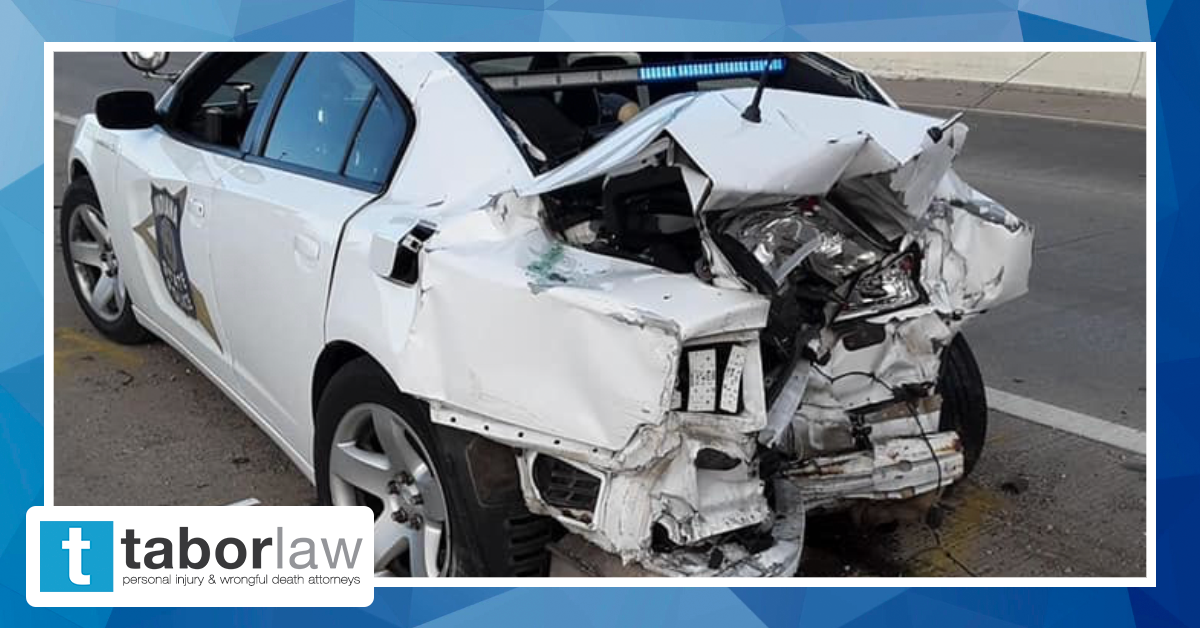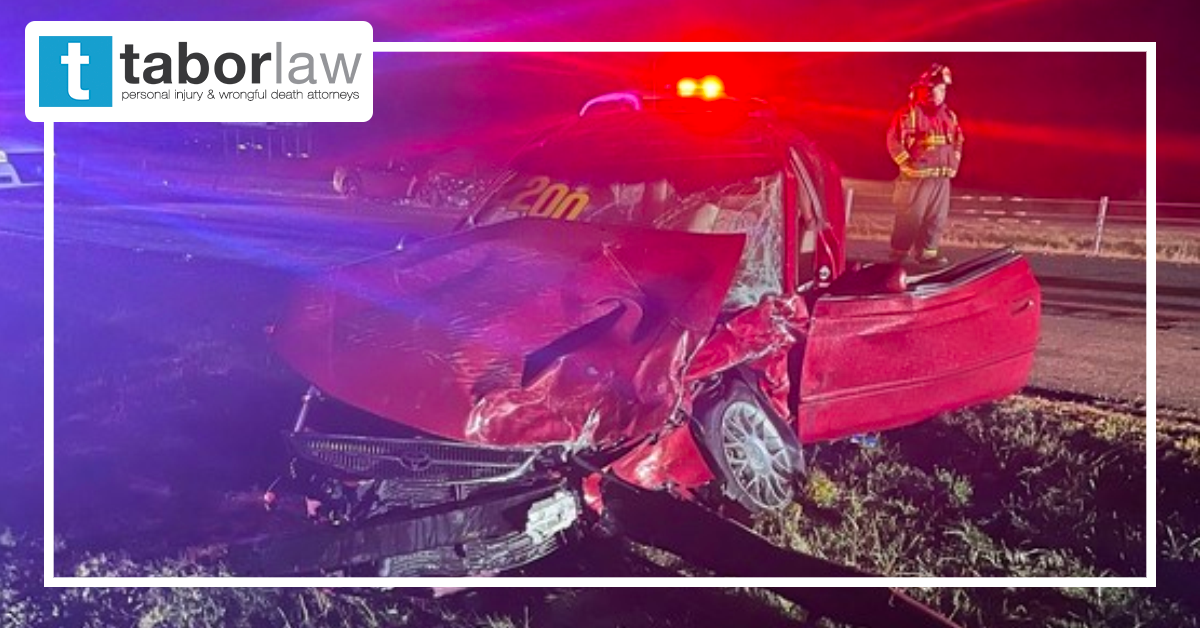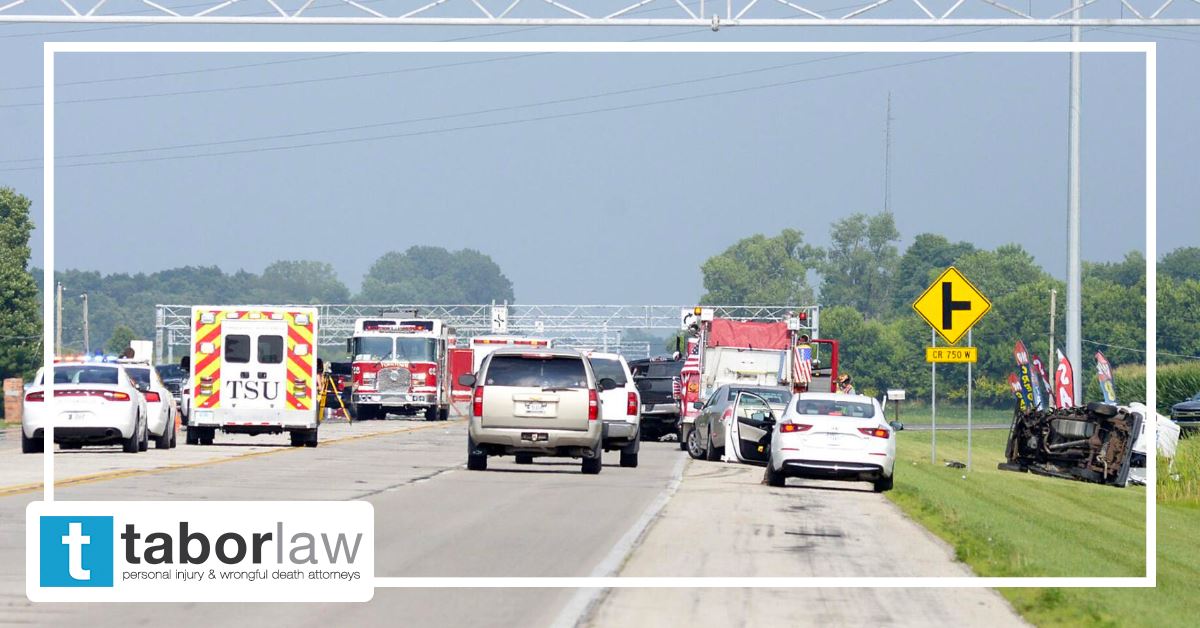
Even the most skilled professionals make mistakes. There are clerical errors that affect results, and even experts can have a bad day. When these professionals are responsible for your wellbeing, these small errors can have disastrous results.
When asking why malpractice occurs, it is important is to discuss the kinds of errors they make and how they affect patients. Here are some common ways healthcare professionals can be negligent, resulting in malpractice.
Bad Diagnoses
Sometimes, a doctor simply misdiagnoses a problem. This can happen in a variety of ways. Sometimes they are overconfident, making assumptions about your condition and missing other symptoms and warning signs. A clerical error could have them looking at the wrong information, diagnosing you incorrectly. Sometimes, they can accidentally prescribe the wrong drug. Maybe they simply got confused and wrote the wrong name on the pad.
Going undiagnosed, your problems can get worse. If you were given the wrong prescription, you could suffer harm.
Improper Treatment
Treatment takes place both in and out of the doctor’s office. Your doctor should give you instructions on how to further your treatment, and they should follow up with you. Sometimes, they release you too early and give you no further instructions. This is an example of malpractice, even though it doesn’t involve them working with you directly.
Sometimes, doctors order the wrong tests which could delay a proper diagnosis. In this situation, your illness could get worse before they fix their mistake. At worst, the wrong test could cause damage. This is particularly true if doctors ignore your medical history. Part of your treatment is knowing your past, making sure they avoid exacerbating old injuries or causing allergic reactions.
Prescribing the Wrong Drugs
Our bodies are susceptible to what we put into them, especially with medication. Something that is completely harmless for one person can be deadly to another. If you were prescribed the wrong pills, you could suffer on multiple levels. On one hand, you are not being treated for your original ailment, and it only gets worse. On the other, you could suffer complications from taking an unnecessary drug. You would then need treatment for new problems while still struggling with the initial problem.
Sometimes the drug itself is correct, but the dosage is wrong. Taking too little of the medicine could leave your illness uncorrected. Taking too much could cause damage.
Also, doctors must be aware of a drug’s potential side effects. This includes a possible dependency on the drug. Part of their job is to monitor your progress. If they see that you are becoming addicted to something, they must take action. Lazily refilling these drugs, sending your further into addiction, is itself a form of malpractice.
Errors in Surgery
There are many ways surgeries can go wrong. For the patient, surgery is highly dependent on the skills of the anesthesiologist. They must monitor your vital signs and adjust the medicine accordingly. Failure to keep up with your progress can result in serious injury and even death. Sometimes, they miscalculate the drug, and people awaken during surgery.
Simple clerical errors can have disastrous consequences. Sometimes, surgeons can operate on the wrong area of the body. There have even been cases of surgeons working on the wrong person altogether, causing irreparable damage.
During surgery, doctors can sometimes leave tools inside an open wound, causing damage of its own and requiring even more surgery to correct.
Failure to follow up with a patient is also a form of malpractice. Your surgeon should be checking on your progress, offering medications, treatments, therapies, and so forth as you recover.
Malpractice in Childbirth
Labor is an already difficult process for both mother and child, but poor human intervention can cause serious damage. Improper use of vacuums and forceps can cause injury to the baby’s head. If severe enough, the child could be permanently brain-damaged.
During the birth, hospital staff should be monitoring the progress of the delivery. Sometimes either mother or fetus goes into distress, which can be fatal. The staff’s failure to recognize or treat this distress is tantamount to failure in doing their jobs. They can be held responsible for this neglect.
Hospital staff should constantly make decisions to keep the birth progressing safely. If they see a baby wrapped in an umbilical cord or in breech, they must act. Failure to correct these issues or order a cesarean section can have fatal consequences and qualifies as malpractice.
Speak With an Attorney
If you’ve been harmed during medical treatment, talk to a lawyer. They can listen to your case and help you decide what to do. Sometimes, they can simply negotiate with the healthcare facility and reach a financial settlement. Other times, it may be necessary to take the matter to court in a personal injury case. Your attorney should have the skill to investigate your case, revealing the flaws in your treatment. With enough evidence, they can help you receive compensation for your bills, lost income, and pain and suffering.
For help with a malpractice claim, contact our office today by calling (317) 236-9000 or filling out an online contact form.















